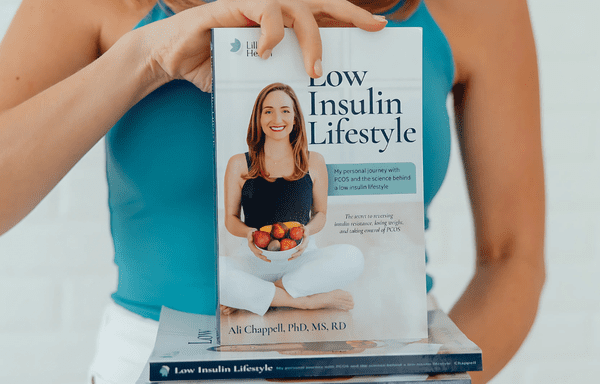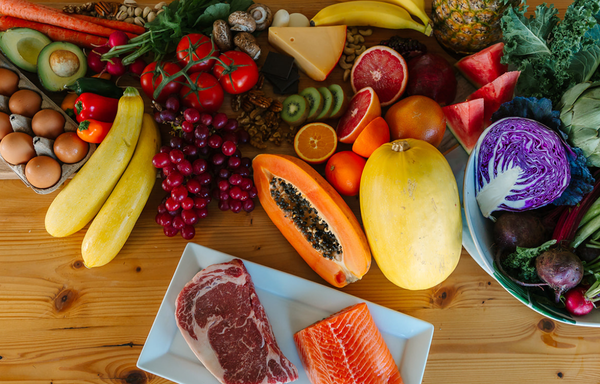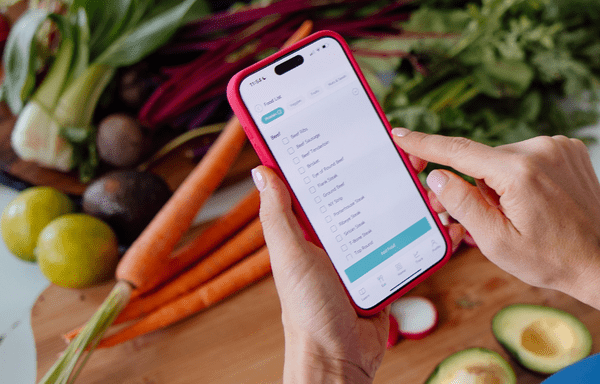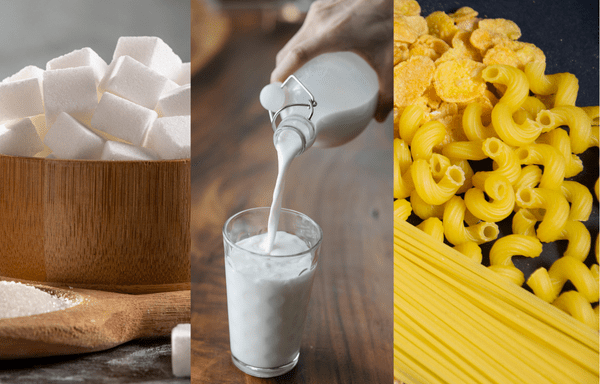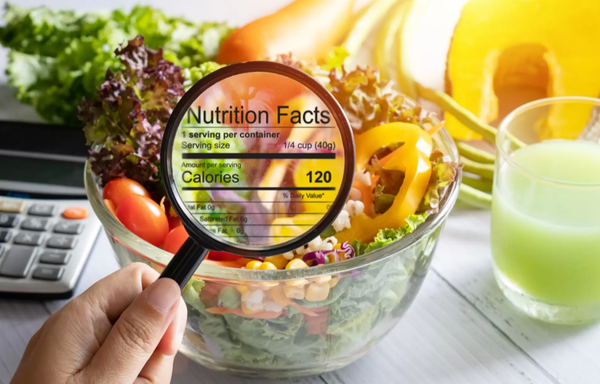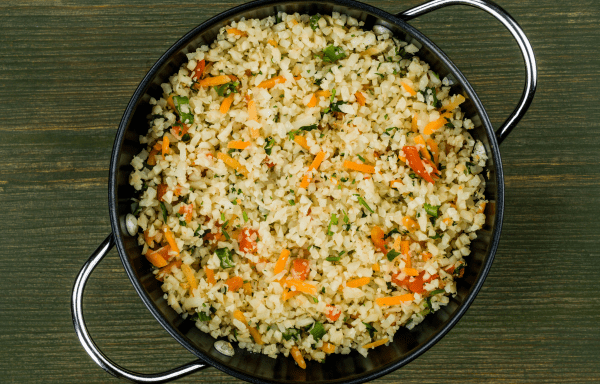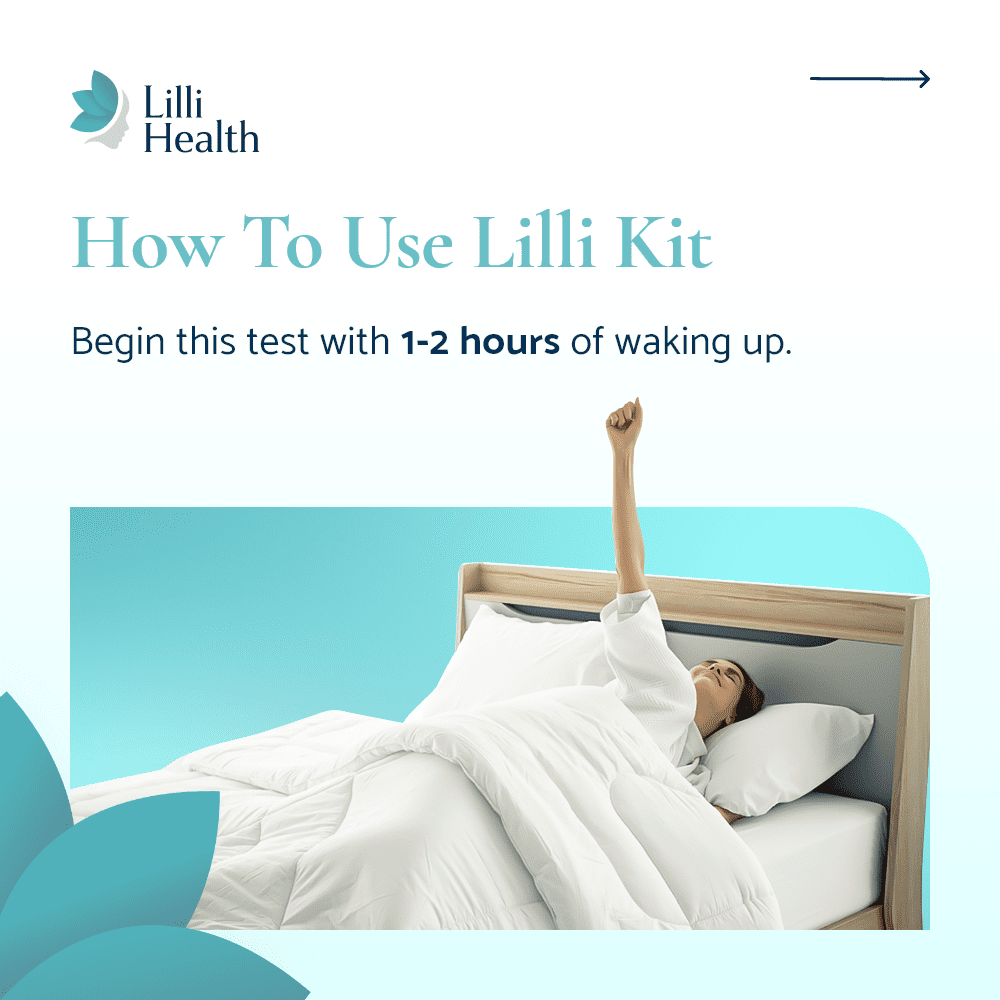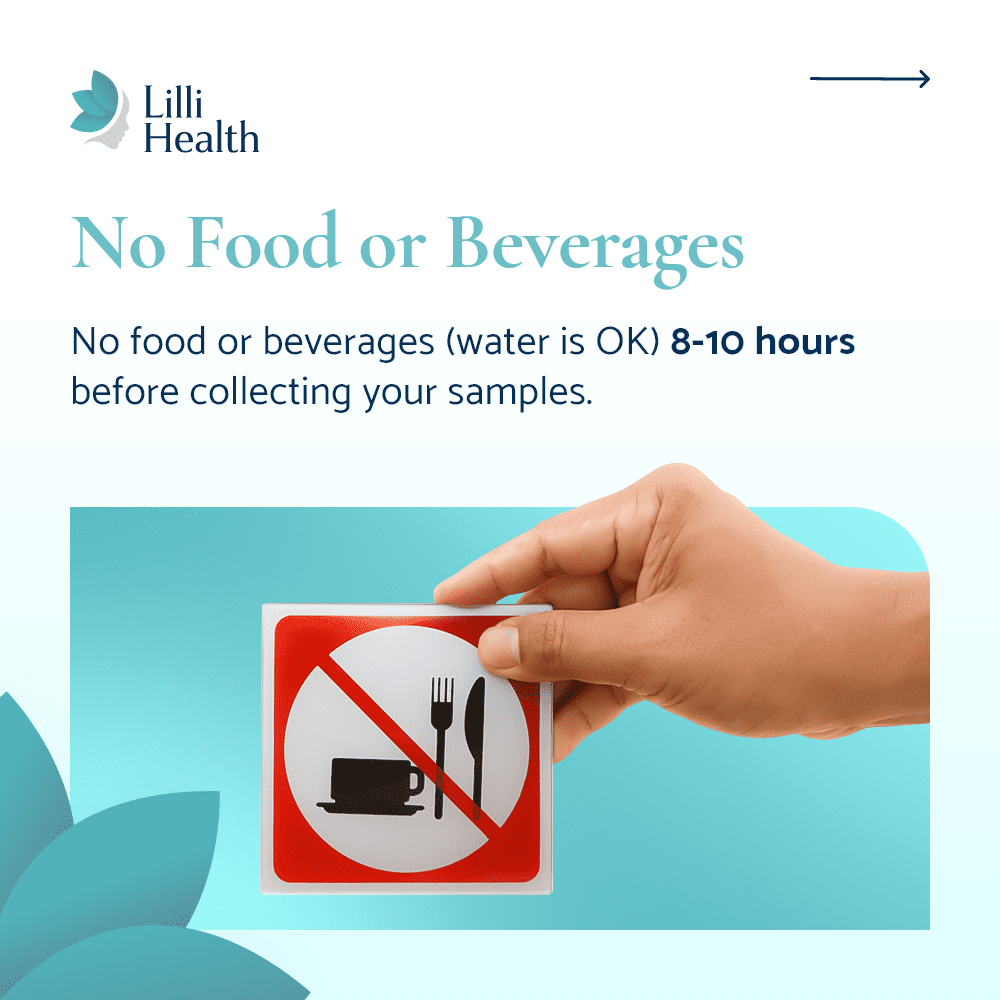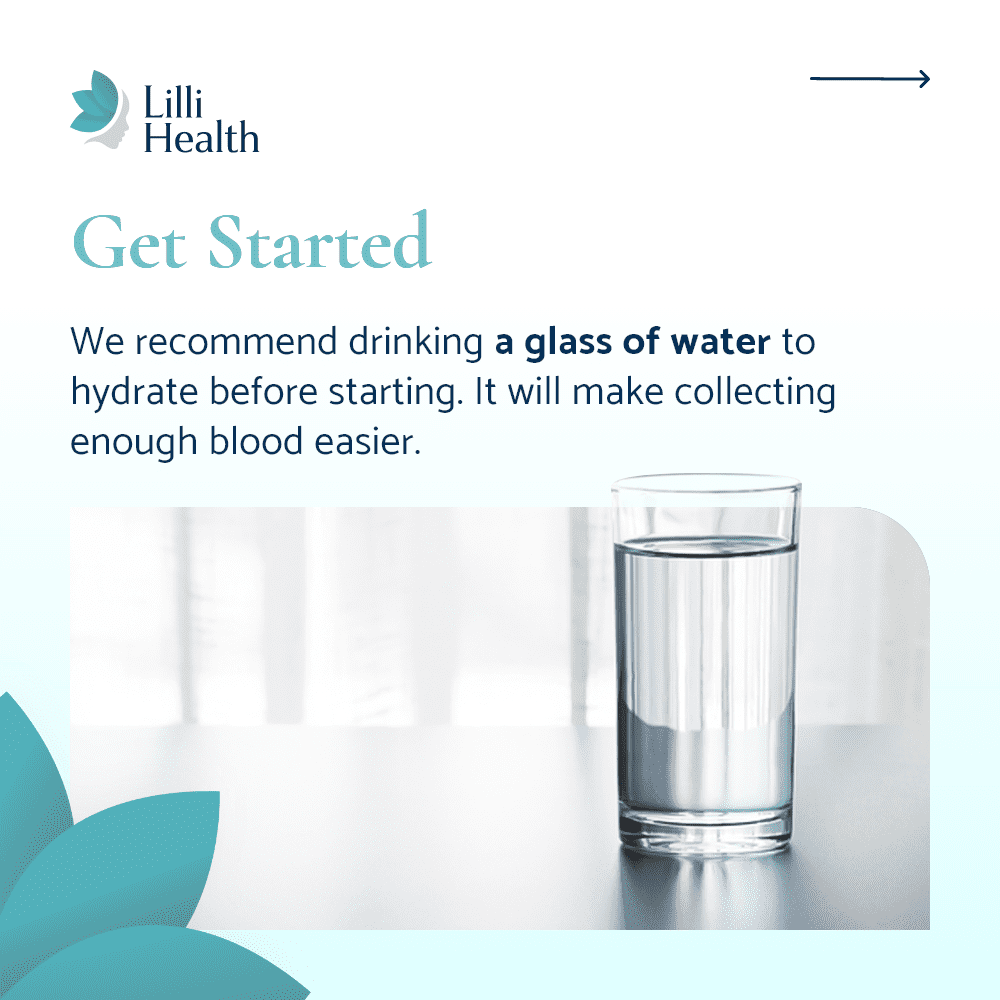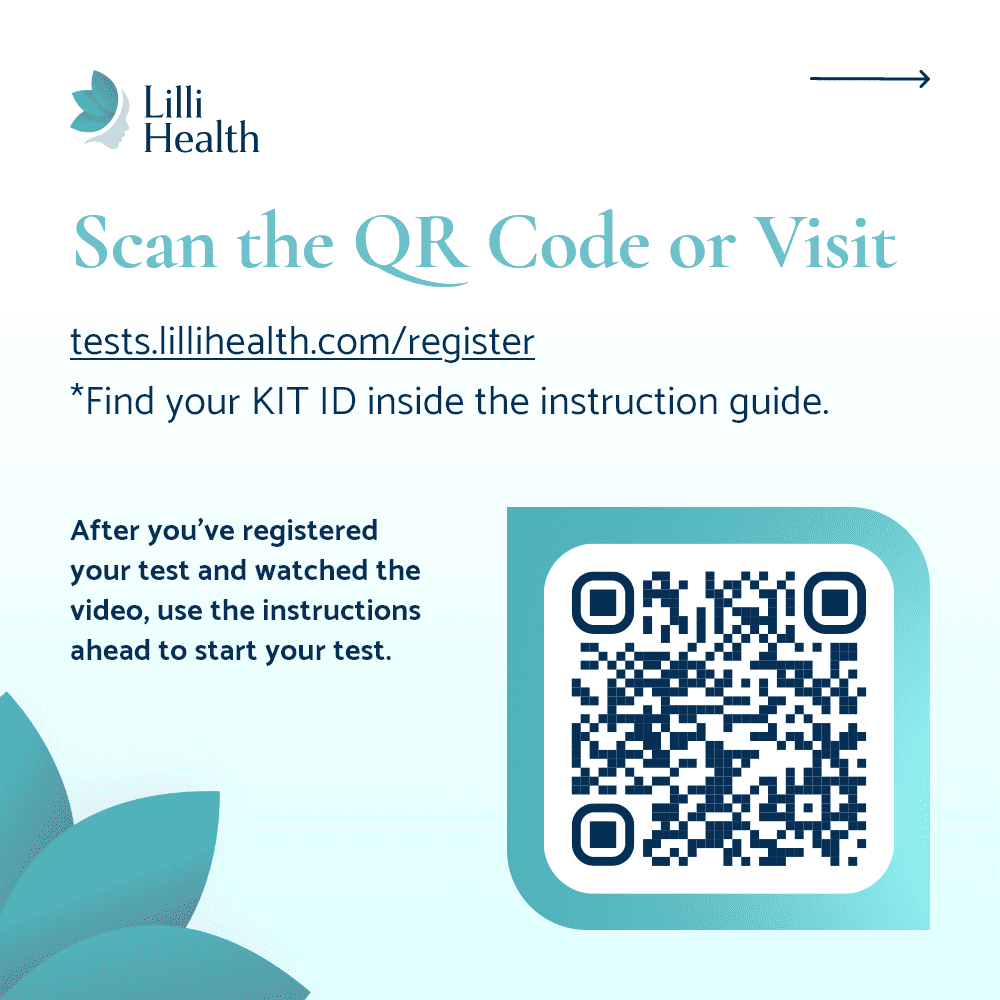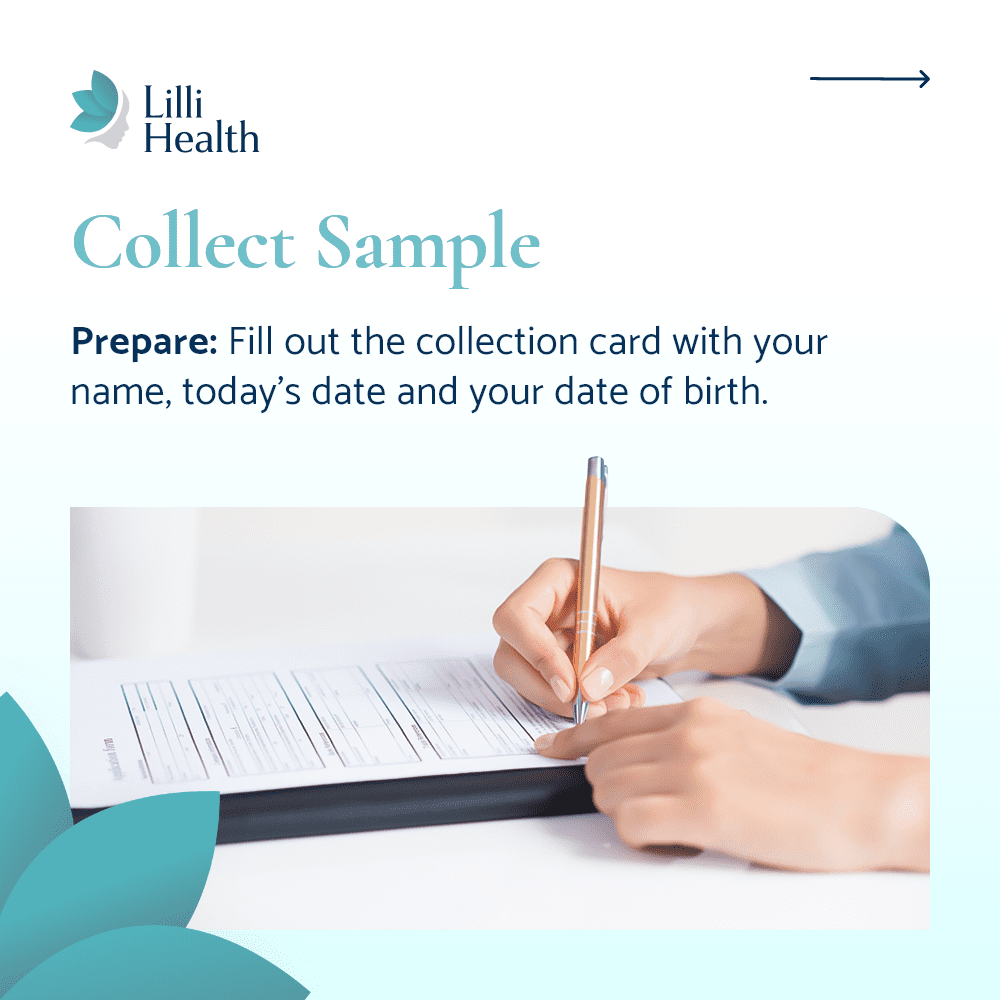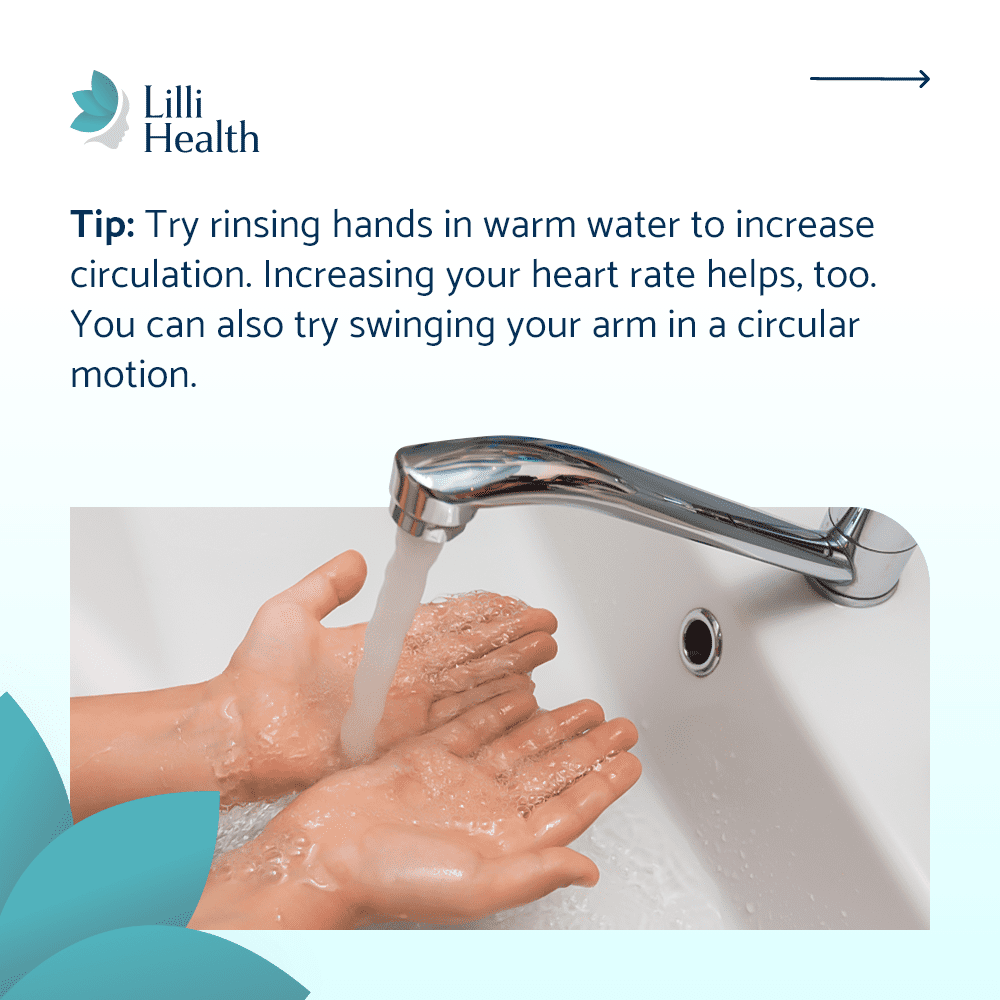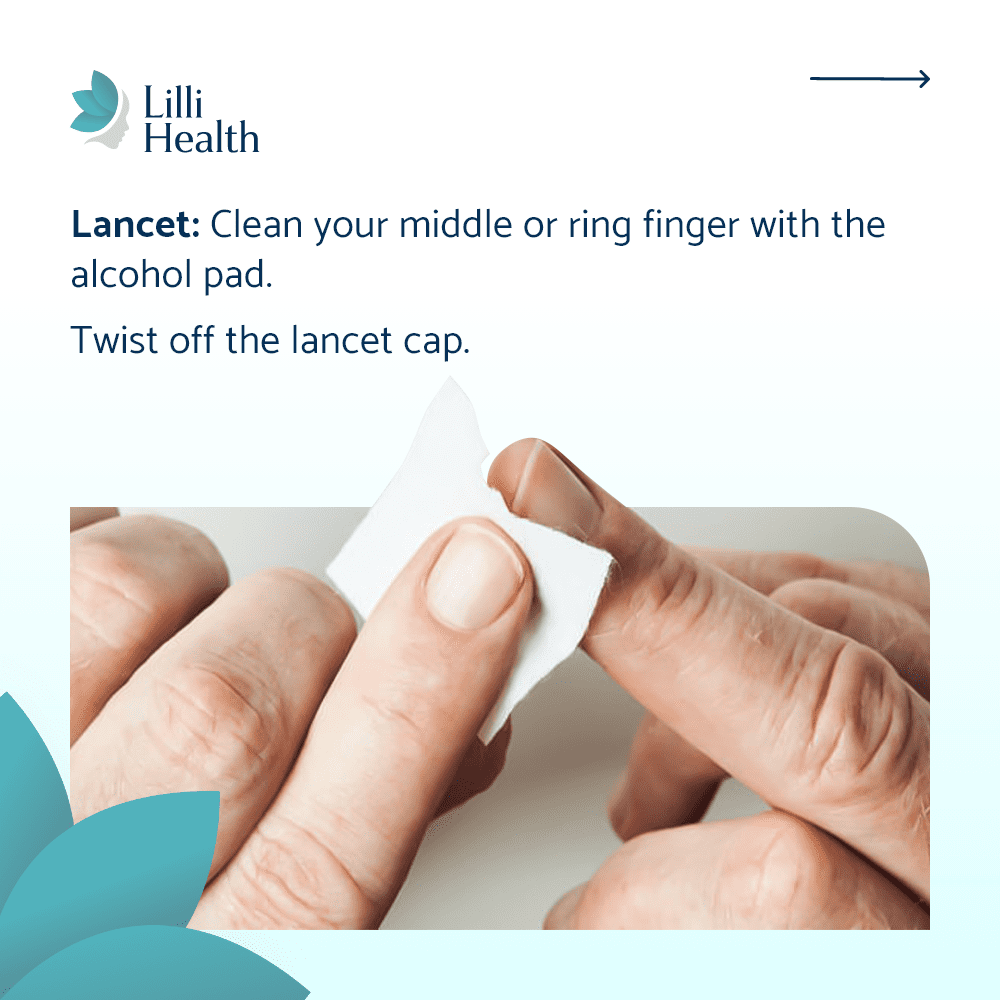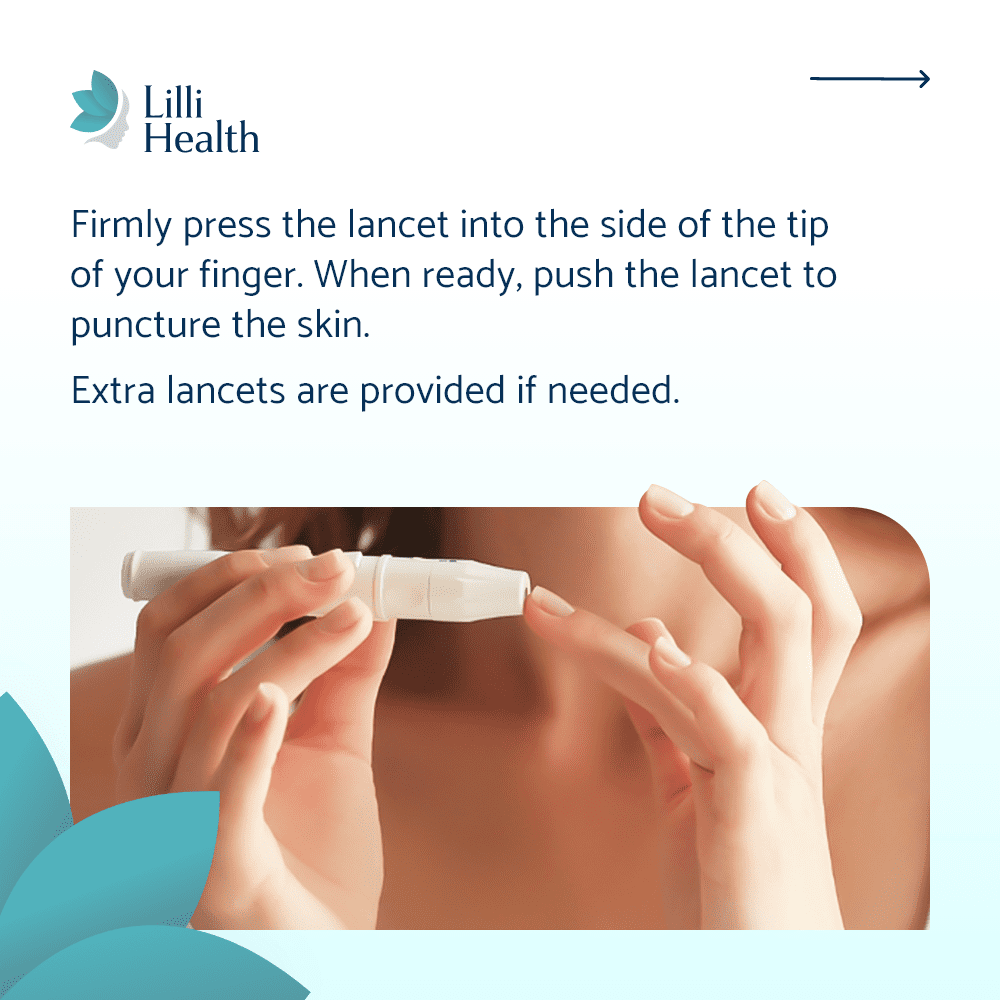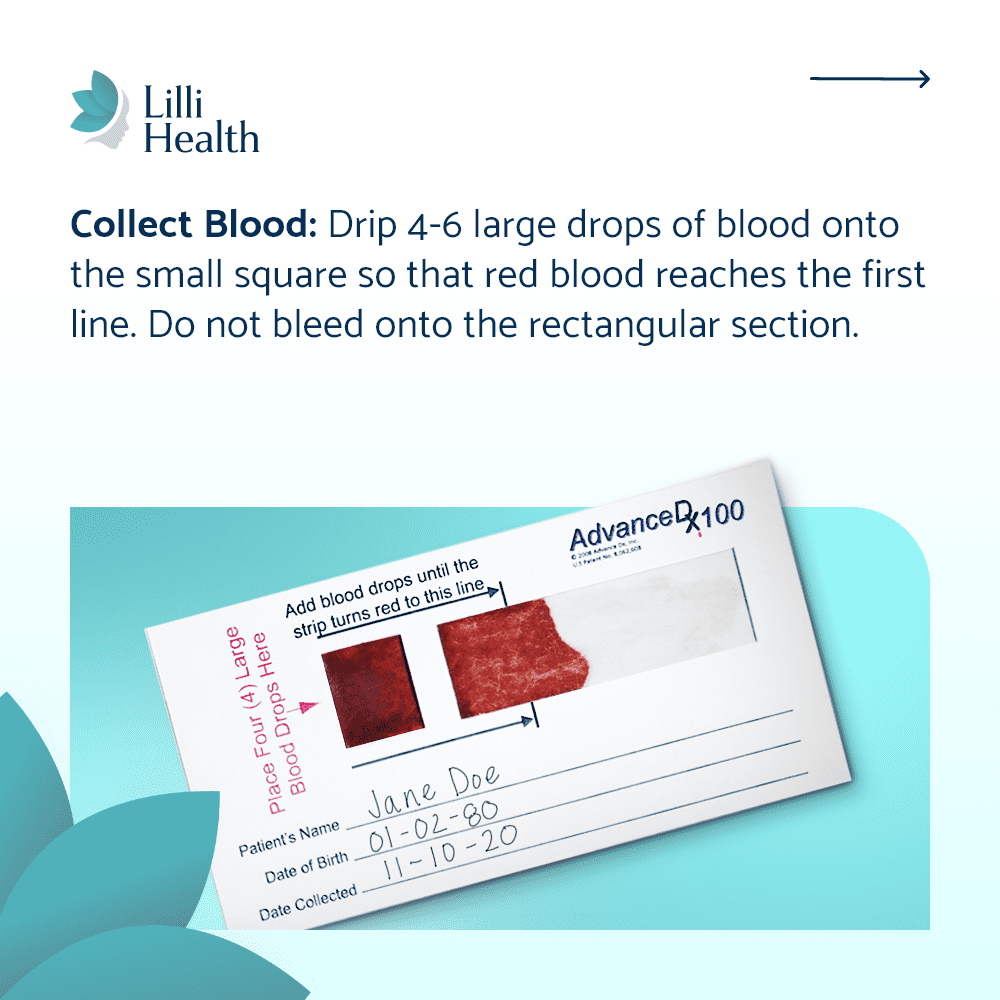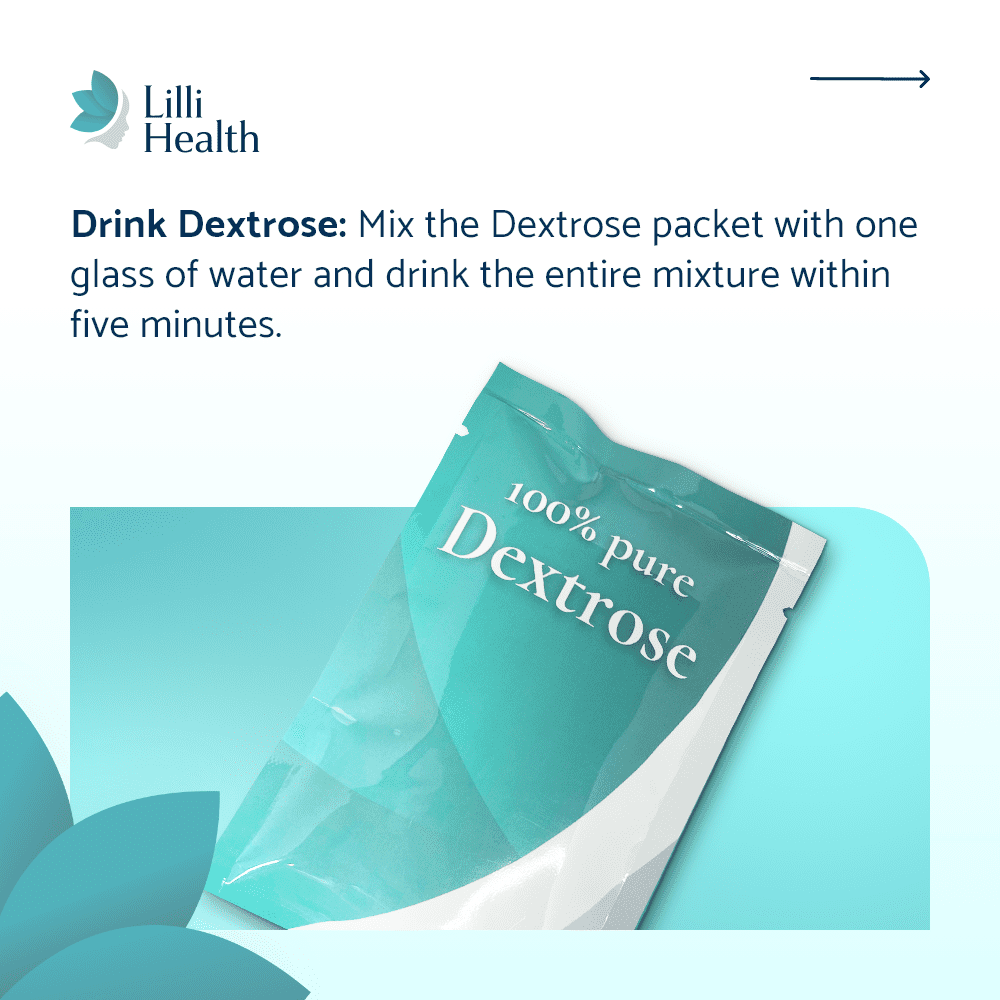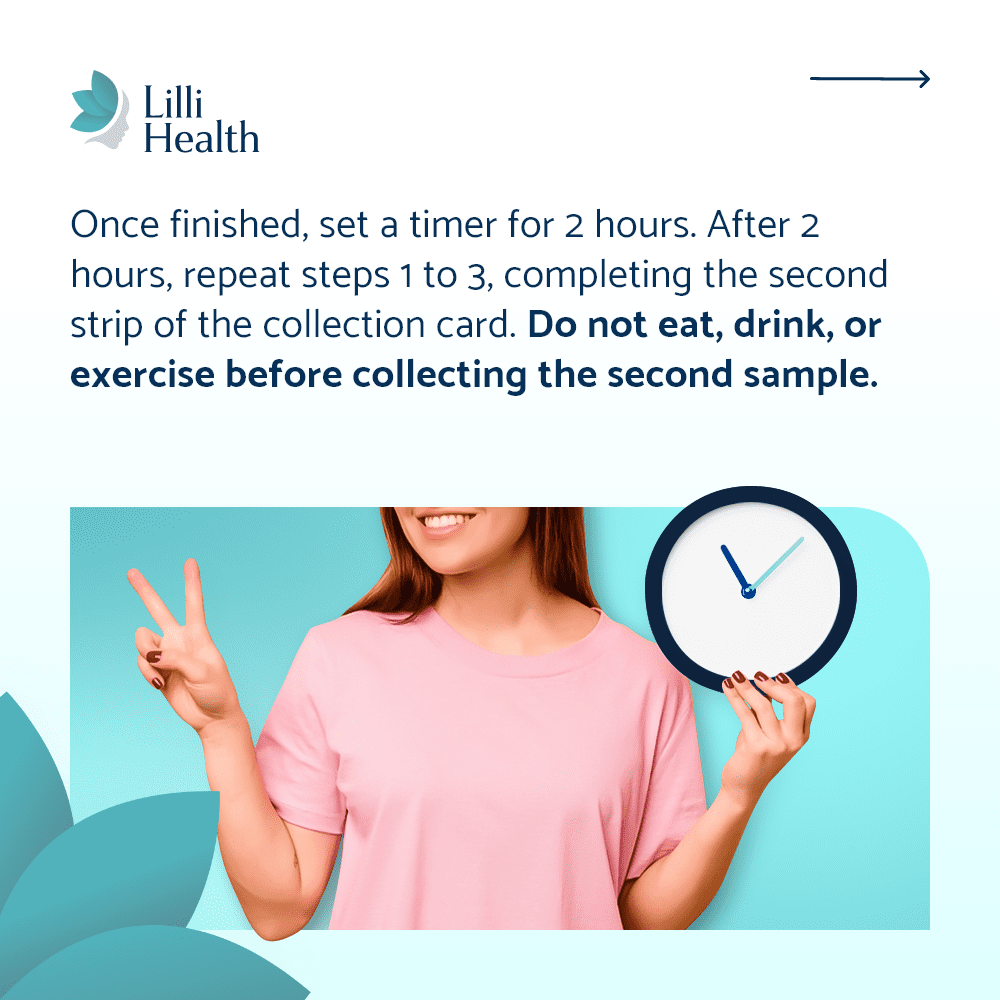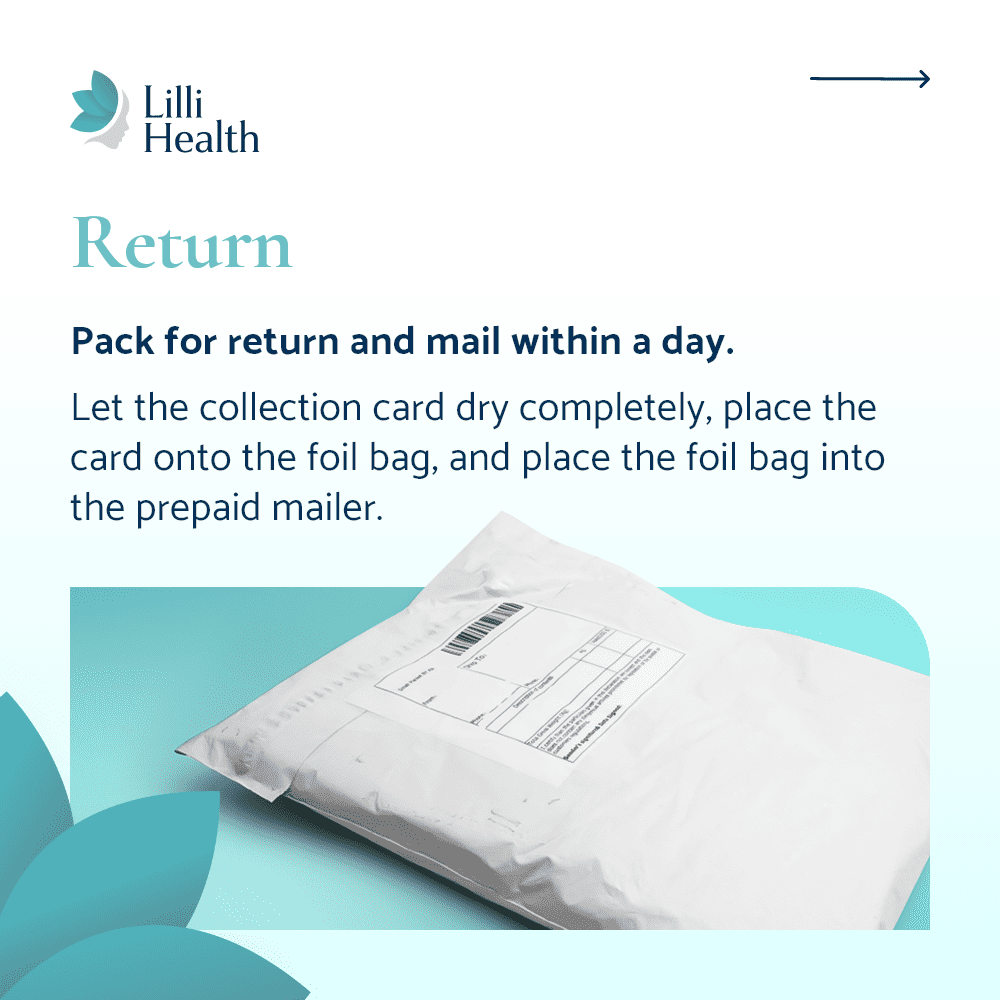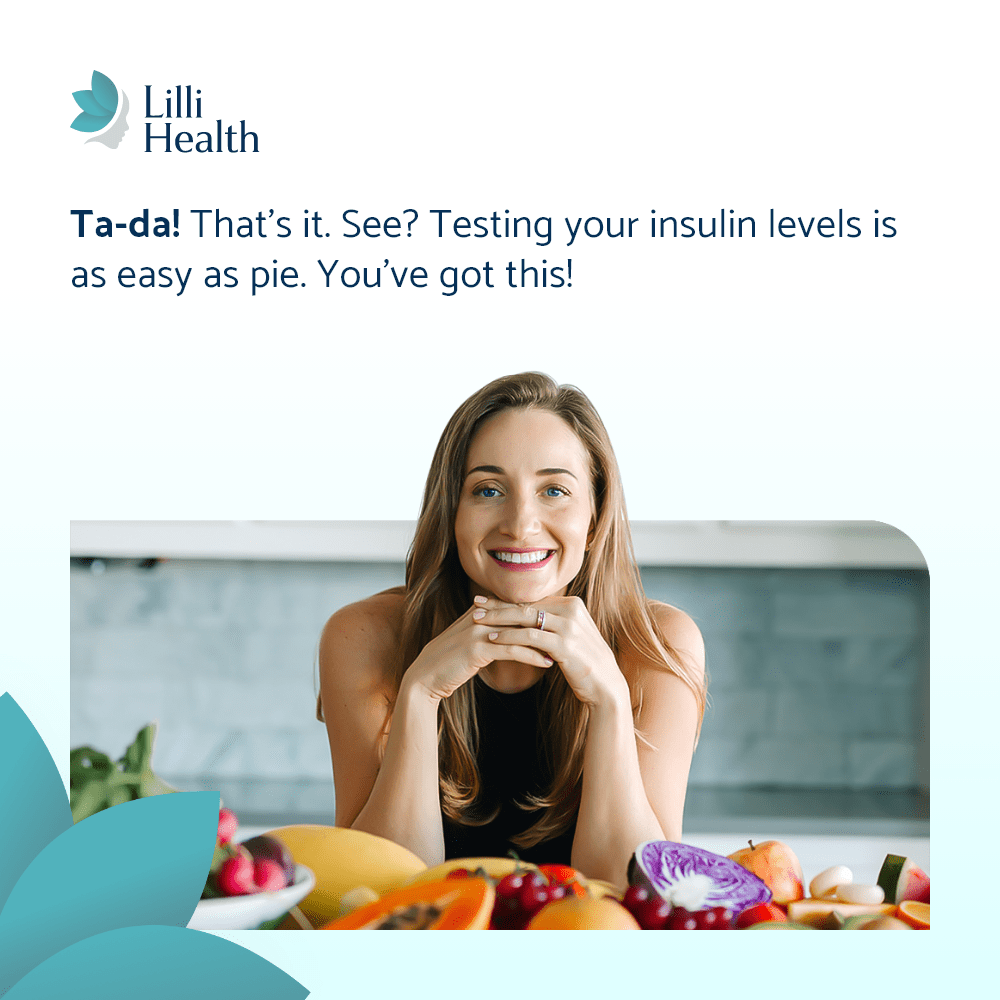

Low Insulin Lifestyle vs Popular Diets for PCOS: A Comparison
When it comes to managing PCOS, most people look to diet as one of the first changes they can make. But with so many options—low carb, keto, plant-based, paleo, intermittent fasting—it can be overwhelming to figure out what is actually effective.
The reality is that no other lifestyle takes an insulin-first approach. While many diets claim to help with PCOS by focusing on weight loss, calorie restriction, or general “hormone balance,” they often overlook the root cause for most people with PCOS—chronically elevated insulin levels.
Why Insulin Matters in PCOS
PCOS is a condition that is deeply tied to insulin resistance, which affects up to 75% of those with the condition. Even in individuals with a normal body weight, insulin resistance can drive symptoms like irregular cycles, elevated androgens, weight gain, fatigue, inflammation, and infertility.
Many popular diets may improve PCOS symptoms indirectly—often by reducing calories or carbs—but A Low Insulin Lifestyle directly targets insulin first, making it the most effective approach for long-term metabolic and hormonal health.
How Popular Diets Compare to A Low Insulin Lifestyle
1. Low Carb, Keto, and Paleo Diets
Many people with PCOS turn to low-carb and keto diets because they can improve blood sugar control and lead to weight loss. However, these diets are not designed with PCOS in mind.
- Keto often includes high amounts of dairy, including non-fermented dairy and whey protein, and excessive animal protein, both of which can spike insulin.
- Paleo eliminates processed foods but still allows for starchy carbs like sweet potatoes and starchy root vegetables, which can keep insulin levels elevated.
- Low-carb diets help to some extent but do not necessarily focus on insulin-friendly foods—some still encourage large amounts of dairy and protein powder.
2. Intermittent Fasting
Intermittent fasting (IF) can improve insulin sensitivity, but fasting alone does not guarantee low insulin levels. Many people with PCOS find that fasting works temporarily but does not address the quality of foods consumed when they do eat.
Additionally, fasting for extended periods can lead to excessive cortisol production, which can worsen insulin resistance in some people.
3. Plant-Based and Vegan Diets
While plant-based diets emphasize whole foods, many rely heavily on grains, beans, and starchy vegetables, which can cause frequent insulin spikes throughout the day.
Some people feel better on plant-based diets initially because they are eating more fiber and whole foods, but long-term, focusing on insulin regulation is more important than eliminating animal products entirely.
How A Low Insulin Lifestyle Stands Out
A Low Insulin Lifestyle is different because it puts insulin first, rather than focusing on weight loss, calorie restriction, or broad dietary rules. It is designed to:
- Prioritize foods that keep insulin low (healthy fats, non-starchy vegetables, whole fruits, whole protein sources)
- Eliminate foods that spike insulin the most (starches, non-fermented dairy, whey protein, and sugar)
- Support hormone balance directly rather than indirectly through weight loss
- Improve metabolic health regardless of body weight
The Bottom Line
Most popular diets miss the bigger picture when it comes to PCOS because they focus on weight, calories, or general macronutrient balance rather than targeting insulin resistance at its source.
A Low Insulin Lifestyle is the only approach that puts insulin first, making it the most effective and sustainable way to reverse insulin resistance, regulate cycles, reduce symptoms, and support long-term health.
